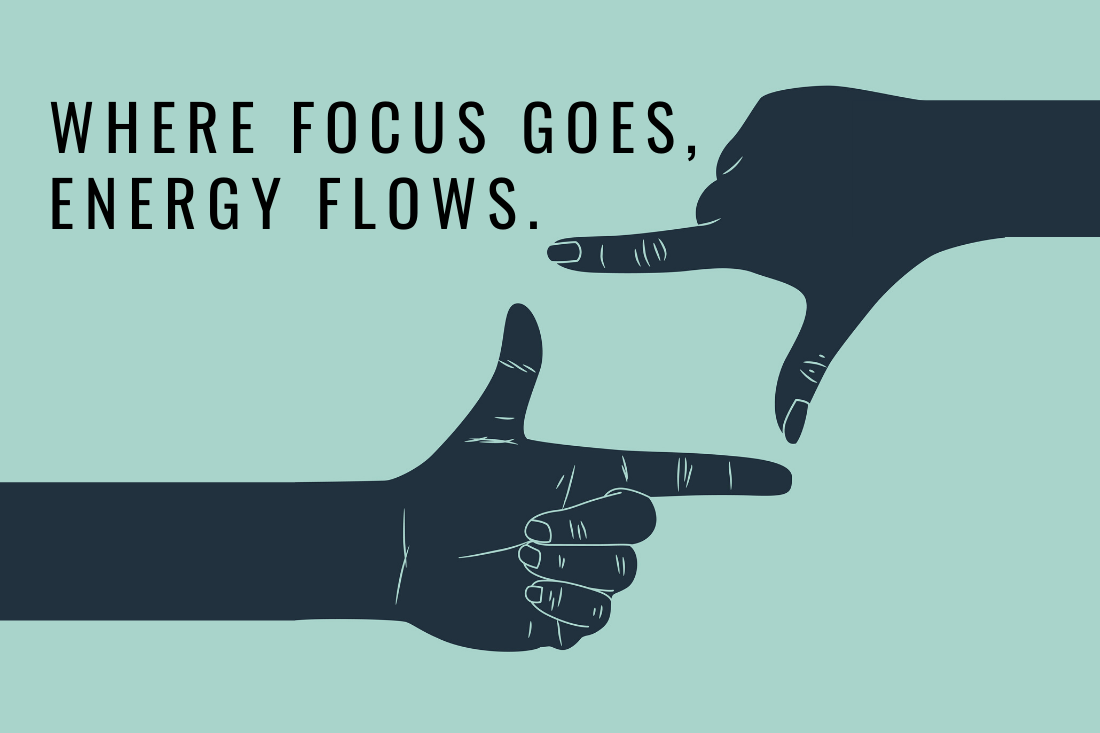Artwork by Rvasilovski
Value creation extends beyond efficient manufacturing of predefined goods as one has to understand that a very large part of economic value is created in the mind and not in the factory. I think marketing is as much a source of value creation as manufacturing, unfortunately not everyone shares this perspective. There are many thinkers who believe that value is inherent and can be manufactured with increasing efficiency. I contend that true innovation lies not only in altering the products themselves or the means of production but also in reshaping people's perceptions as I believe innovation and marketing are fundamentally two sides of the same coin. And there are only two ways that you can create new economic value - you can either find out what people want and work out a clever way to make it or you can work out what you can make and find out a really clever way to make people want it. What do you think?





















